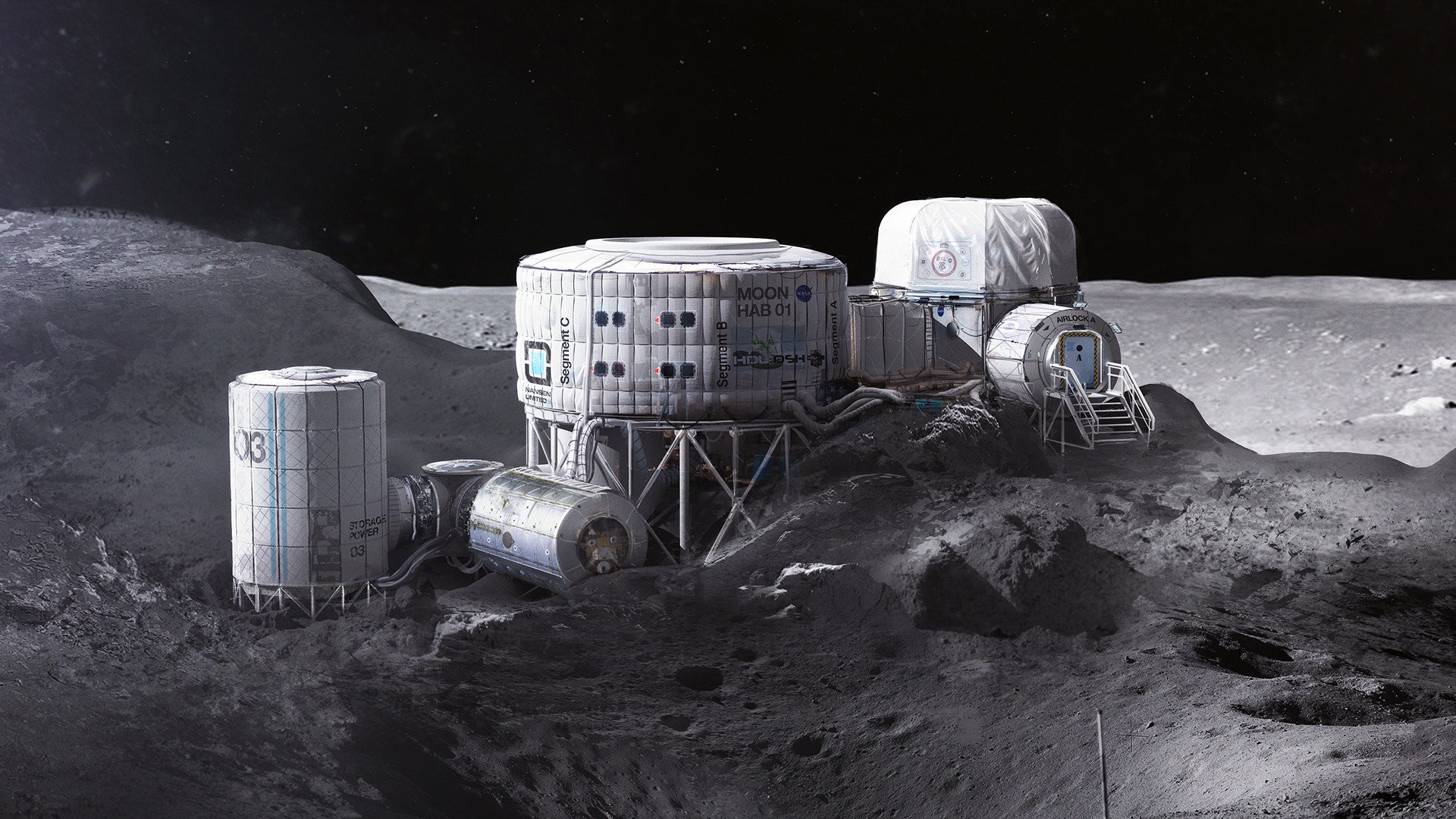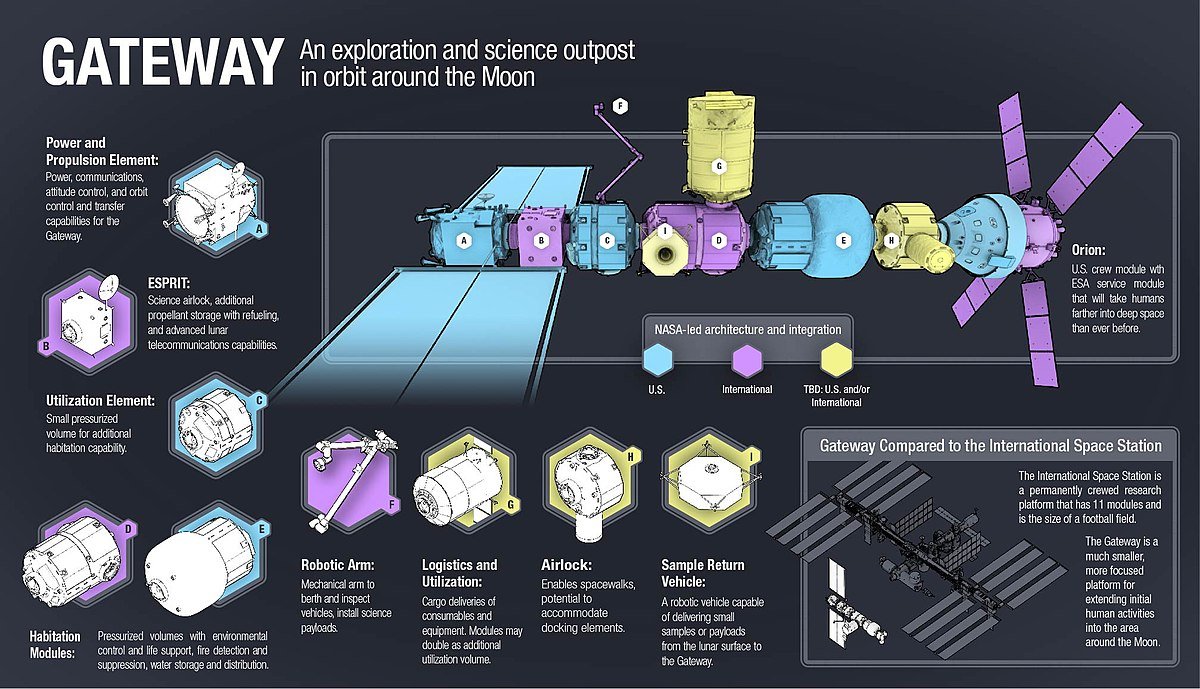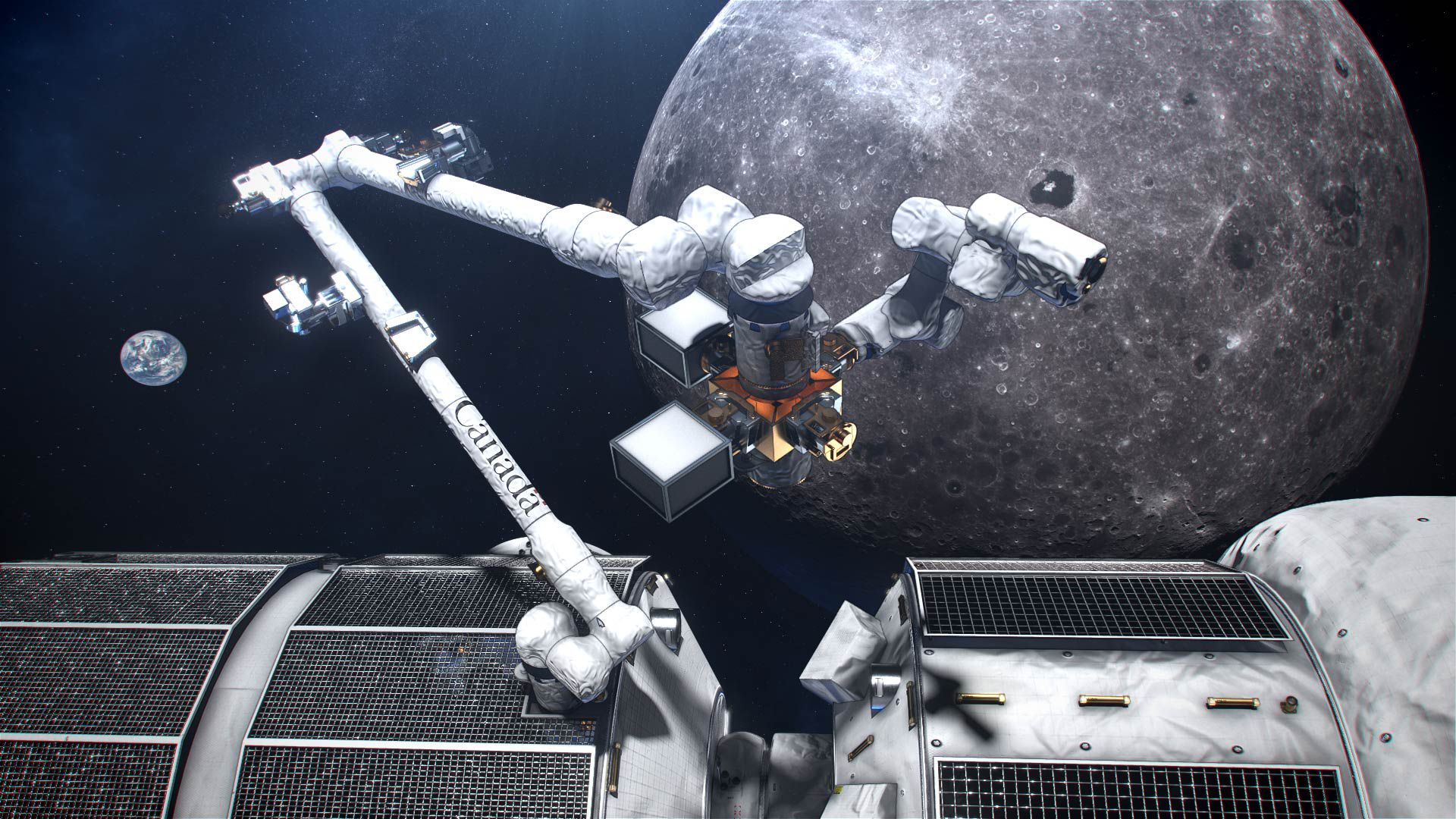© 2000-2025 - Enkey Magazine - All rights reserved
ENKEY SNC - VAT ID IT03202450924 / REA Code CA253701 - Phone. 078162719
The ISS, the international space station, is one of the first big successes reached by the human race not any more as single country but as whole civilty of the planet Earth.
By the way it’s considered and it’s hoped that things like this will happen again in the future and that, on the martial surface, for example, won’t wave the flag of a single country but the flag of the planet.
Sure, it’s not easy to manage a station that doesn’t belong to a single organisation but to many of them. Right for this reason there is the MCB (Multilateral Coordination Board), the organisation that manage the international space station.
Recentely the MCB came together to celebrate with the occasion the fiftieth anniversary of the moon landing and the launch of the first modul of the ISS. But the meeting was even due to planning the last key points of the new global space project: the lunar gateway.
What’s the Gateway?
The Gateway, even called Deep Space Gateway, is a space station which orbits around the Moon. It will be at a distance around 1000 times higher than the ISS one, which means 400.000 chilometers from the terrestrial surface, and on it there will be made experiments and researches, but not only. It will be an outpost to go down on the Moon ot for launches toward Mars.

Especially with our natural satellite it will have a special relationship. Infact, it’s provides the construction of a habitable hab on the lunar surface, which will be easily reachable from the gateway.
It’s been a while that the space organisation all over the world, the NASA, the ESA, RosCosmos, etc, dream and plan this ambitious project and now it seems to be arrived to the final act.
After this last meeting, infact, is been released even a date, by bringing forward the ones that were the previous predictions.
Until the 2022 the first Gateway’s module will be launched, while until the 2024 the first modules of the lunar habitat will be placed.
Finally, until the 2028, the astronauts, that will already populate the gateway, will make the first lunar “colony” permanent. Until that moment the habitat will be habitable only for two weeks at once, by forcing the first colonists astronauts to commute between the lunar surface and the gateway.
The Gateway’s modules
The Gateway will be composed by 7 modules, for a total of livable surface of 125 cubic meters.

- PPE (Power and propulsion element): this module is been planned to give electricity through the solar panels.
- ESPRIT (European System Providing Refuelling, Instrastructure and Telecommunication): it will be the module for the storage of xenon and idrazina and it will have a cargo’s dock.
- Utilization Mode: it will become the main habitat module.
- International Habitation Module: it will be a further habitat module with night spaces, kitchens and gyms.
- S. Habitation Mode: with this module we complete the habitat area of the station.
- Gateway Logistic Modules: those are many cargo deliveries modules.
- Gateway Airlock module: it will be the dock point for eventual spacewalks.
All the modules came from different areas of the world: Russia, Europe, United States and private agencies. Therefore, the station will have even a robotic arm, this given by Canada.

The lunar outpost will change the space exploration
“The Lunar Gateway is the next big step toward the human exploration of the Solar System and we are working to be part of it”, explains David Parker, director of the human exploration of the ESA.
This new international space station will realise the dream that the man hid for a years, the one to have an outpost that carries us in the space exploration.
The enthusiasm anyway is big because everyone wants to have his own piece of glory in this new lunar mission. To cooperate besides the biggest space agencies of the world, already mentioned, there will the South Africa, Japan, Brasil, India, China.
“Our allies want us to be their partner in this lunar mission. So today we are stepping up. Canada is going to the Moon”.
But all of it won’t be possible without the experience already made with the ISS, with up to 100 countries that in the years used it. “The international space station is the biggest global cooperative program in the field of science and technology”.
Without the first international space station we weren’t able to learn how far can the human race arrive if only we decide to cooperate. And now, we the earned experience, we want to go just same hundreds of thousands of chilometers further.
This post is also available in:
 Italiano
Italiano


